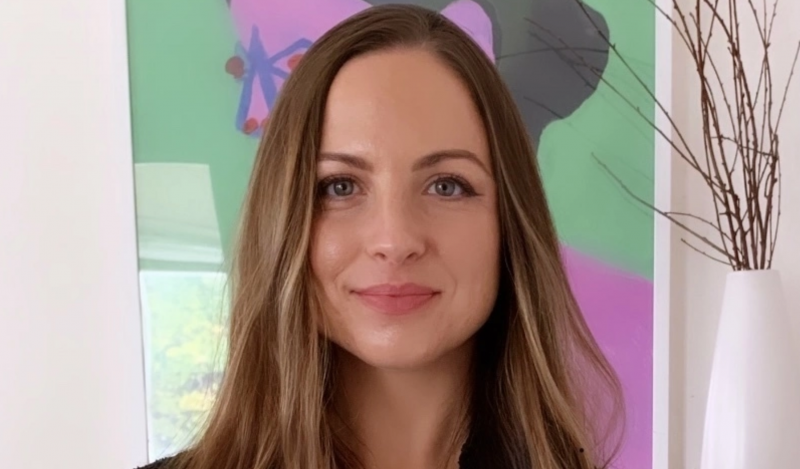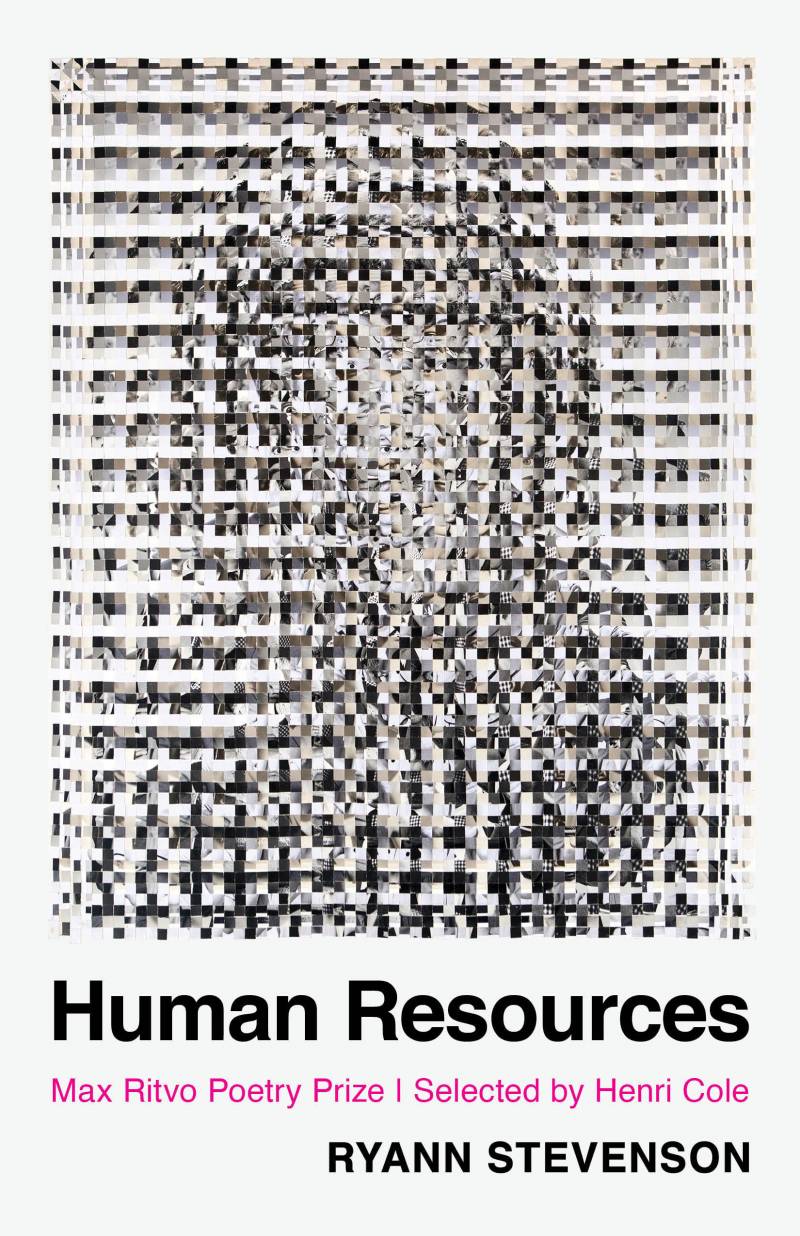In 2016, poet Ryann Stevenson wasn’t feeling very stimulated at her publishing job in New York. Then, her husband got a job in the Bay Area.
In 'Human Resources' an Oakland Poet Finds Her Voice Working on A.I.

“As we were thinking about our move, someone shared with me [an] article I think that came out in The Washington Post, titled ‘The next hot job in Silicon Valley is for poets‘, Stevenson says. “And I basically just emailed every startup that was listed or mentioned in that article and ended up talking with a CEO of a very small startup right away.”
As Stevenson started designing voices for an artificial intelligence startup, she realized she was thinking about poetry every day.
Now, her debut poetry collection, Human Resources, comes out this week—and shows how she came into her own voice as a poet.

“In the first couple of jobs that I had, we were designing conversational interfaces for speakers, like smart speakers, and I was thinking a lot about voice and disembodied speakers calling to an unknown user,” she says. “To me, this had a direct correlation to poetry, the speaker of a poem, and the readers.”
In Human Resources, the speaker is often isolated, even as she’s building technology that’s supposed to help connect people. Much of this isolation, the poet conveys, came from being a woman in a male-dominated industry.
“Building voices that are designed to be predominantly female and thinking about that from my point of view, as usual as one of the only women in the room, was something that I was navigating.”
She talks about this in her poem “The Valley”. Here’s an excerpt:
We want them to look and act human
but not too real. Get it?
my boss said, touching the dip in a line graph—
the uncanny valley.We worked on his boat.
He said that made our company a ship
and he, our captain.
In an interview about gender bias in AII overheard him say that he was proud
to have built his ship
out of women. I understood
those women to be me.
By thinking about connecting with an unknown being on the other side of a screen or a speaker, Stevenson addresses a kind of detachment that is a result of modern technology. And yet, by thinking of the woman’s role in a male-dominated space, she actually joins a sisterhood of poets who bravely capture the feeling of female isolation.
Human Resources won the 2021 Max Ritvo Poetry Prize and was selected by Henri Cole.
9(MDAxOTAwOTE4MDEyMTkxMDAzNjczZDljZA004))

